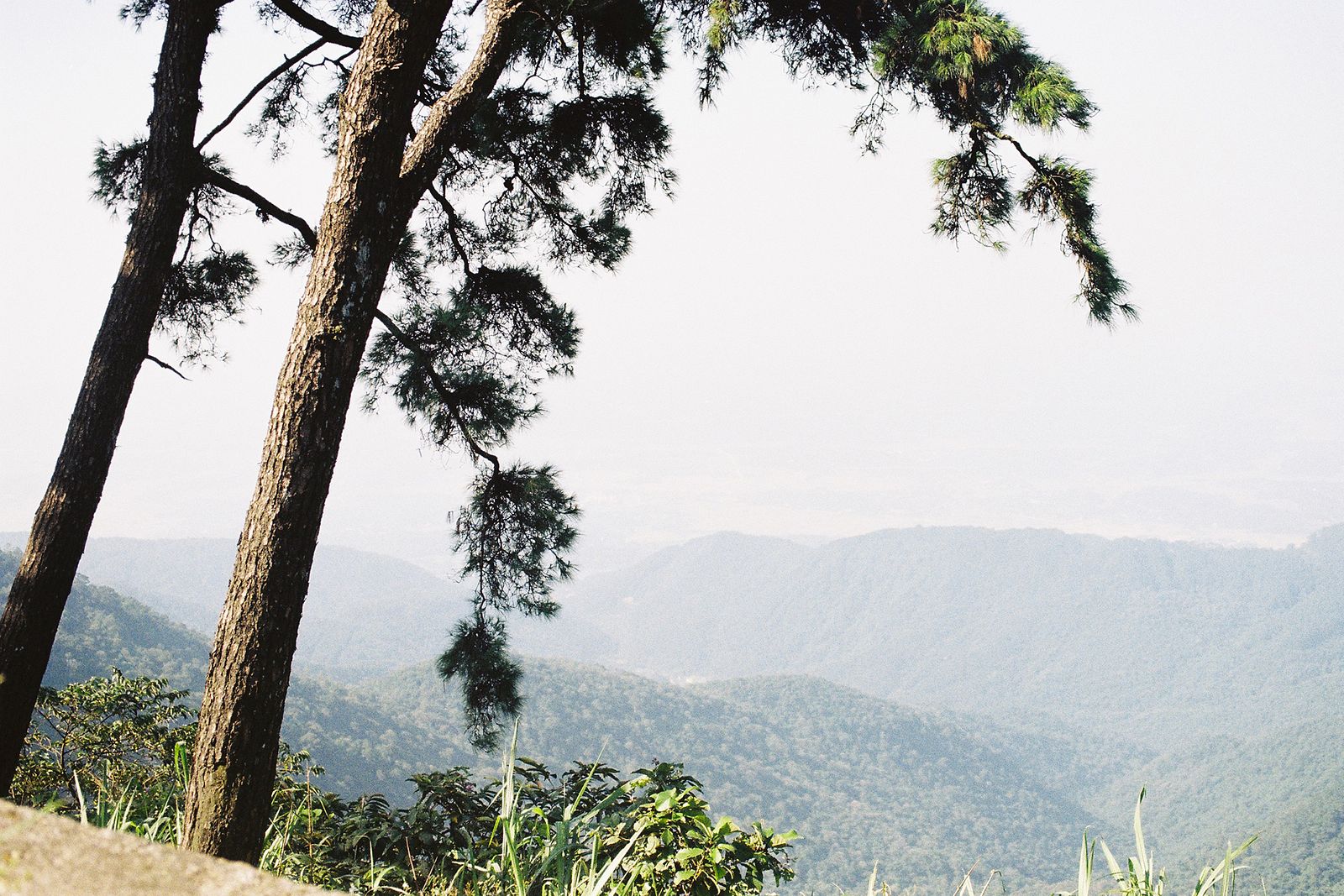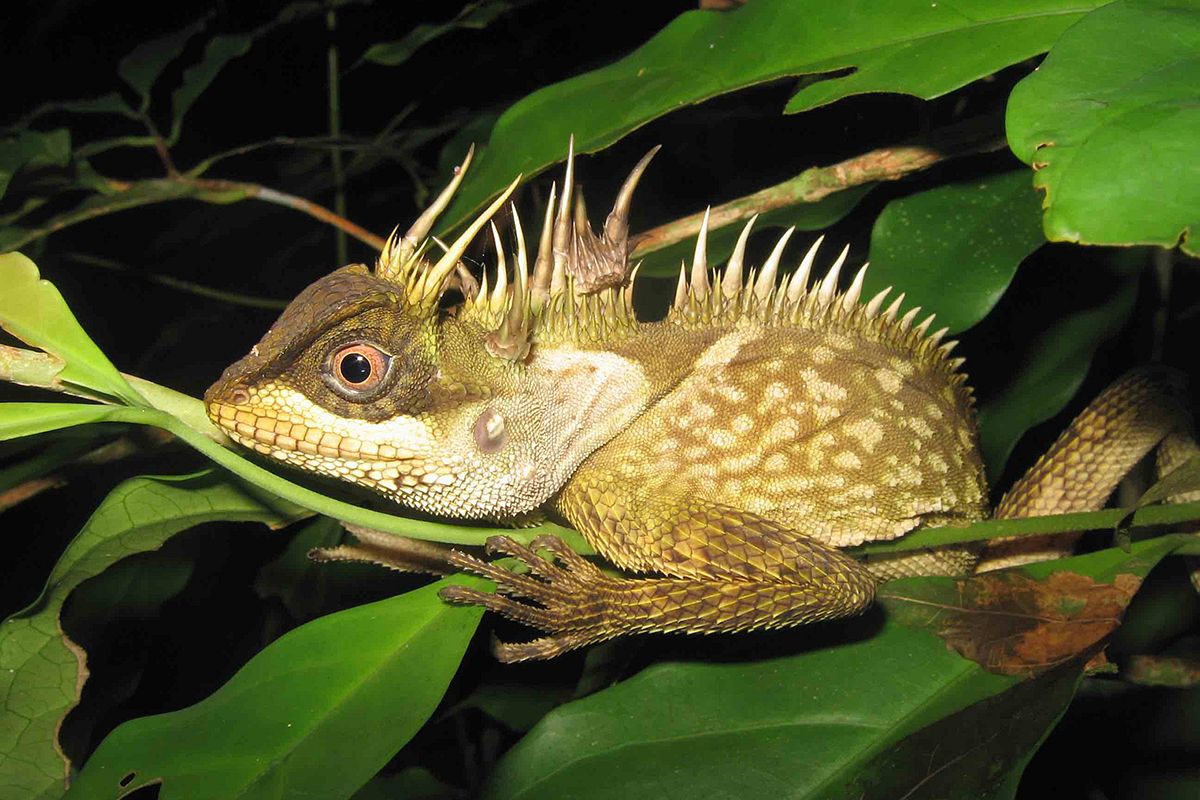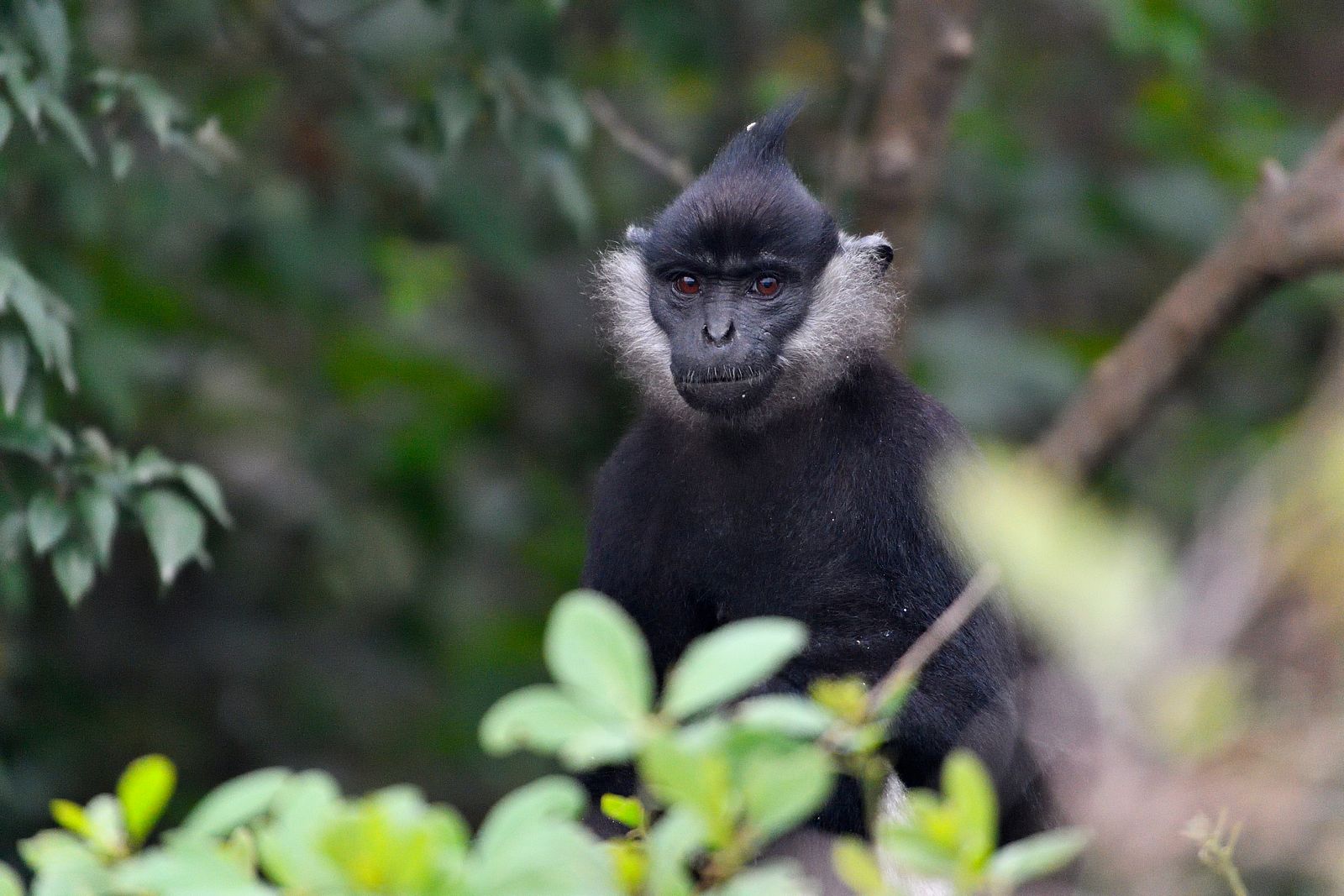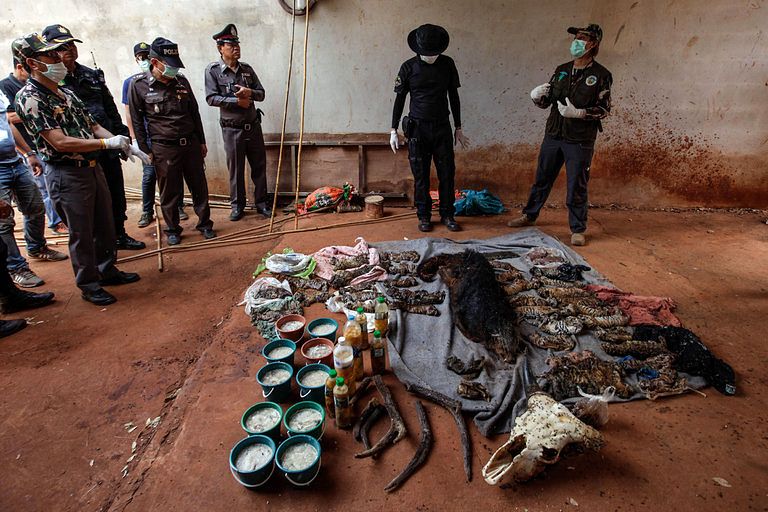Well, here’s some great news for your Friday afternoon.
A study by Nielsen for the Humane Society International (HSI) and the Vietnam Convention on International Trade in Endangered Species of Wild Fauna and Flora (Cites) found that after a year-long public information campaign, only 2.6% of Vietnamese now buy and use rhino horn, a decrease of 38%, reports The Guardian.
In addition:
“There has been a 25% decrease in the number of people who think rhino horn, which is made of the same material as fingernails and hair, has medicinal value. However, 38% of Vietnamese still think it can treat diseases such as cancer and rheumatism,” according to the paper.
Related Articles:
- Campaign Launched to End Vietnamese Demand for Rhino Horn
- Vietnam Mulls Destruction of Illegal Ivory, Rhino Horn and Tiger Bone
- Vietnam’s Wild Elephants are on the Verge of Extinction
Asian demand and high prices (up to $100,000/kilo) for rhino horn had led to a dramatic uptick in poaching over the last 7 years. In 2007, 17 rhinos were poached in South Africa, a number that jumped to 1,004 in 2013.
The drop in demand has been attributed to a public information campaign “[which] has focused on dispelling the myth that rhino horn has medicinal value. The campaign has been centred on Hanoi, Vietnam’s capital, through business, university, school and women’s groups.”
Teresa Telecky, director of wildlife at HSI, agreed that campaign had made a huge impact on the Vietnamese psyche reguarding rhino horn:
“These poll results demonstrate that, even in a relatively short period of time, our demand reduction campaign has succeeded in significantly and dramatically altering public perception and influenced behaviour,” she said. “The results offer a vital ray of hope for the survival of rhinos.”
Do Quang Tung, director of the Vietnam CITES management authority, pointed out that a very small segment of Vietnamese society are consumers of the illegal substance: “The demand for rhino horns by just a small proportion of people in Vietnam has not only damaged the position of Vietnam in international forums but also leveraged the poaching of rhinos.”














